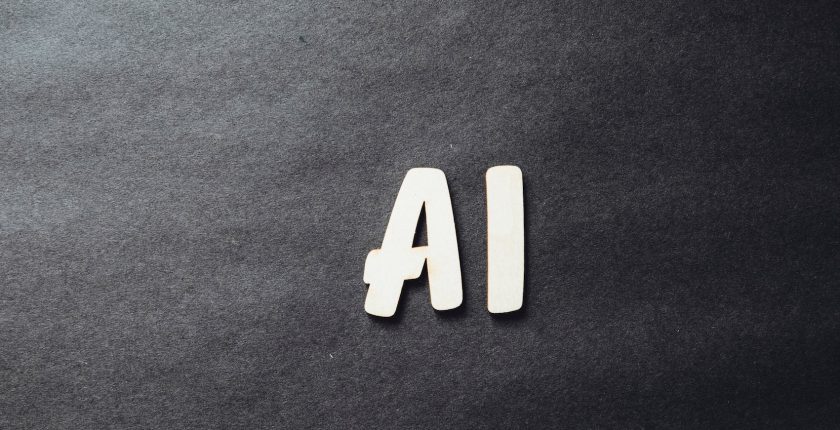AI: Social Justice
Artificial intelligence, especially in the public eye, has always been seen as the enemy. The bringer of evil, the destroyer of mankind.
But is that really the case?
In previous articles, I’ve spoken about how AI can create jobs for us rather than replace us. Instead of looking at it as a replacement, we should view this as a collaboration between man and machine.
What societal benefits can artificial intelligence bring?
There are so many areas that can benefit from AI that you may not think of. I would love to hear your thoughts on Twitter on areas in which you think AI can benefit.
Infrastructure
Curable diseases and malnutrition taking the lives of millions due to subpar healthcare systems affecting poorer nations.
At the moment, water operations are investing in AI to reduce pollutants, decreasing contamination by detecting toxic chemicals and their composition. Referencing the water crisis in Flint, Michigan where the city used water from the Flint River whilst a new pipeline was being built.
What the officials didn’t anticipate were the dangerous levels of lead as the water wasn’t properly investigated or treated, creating dozens of lawsuits filed against the city of Flint. As a result of this, it is expected that R&D investments for AI in water supply would amount to $6.3bn by 2030, making huge differences across the world.
Communication
We live in a world with many different cultures, but thanks to the internet, we are more connected than ever.
How can AI break down barriers such as cross-cultural communication?
Natural language processing allows artificial intelligence to understand words as they are written and spoken, across all languages.
Imagine a room filled with politicians from across the world and the speaker’s words are translated using AI from English to the listener’s native language. How incredible is that?
Where AI may fail.
Unfortunately, it’s near on impossible to remove biases in AI on more sensitive subjects such as inequality, racial discrimination etc.
Human bias is of course extremely prevalent, and you might think that AI can take that away. In some small cases, it can, however, algorithmic biases can still exist. The algorithms are still written by us humans, and someone else’s biases could be a deciding factor in someone’s or many people’s fate.
At Adapt Talent we specialise in AI Recruitment and work directly with our clients by placing the best talent in any role. Contact us today to see how we can help find the best AI talent for you.

